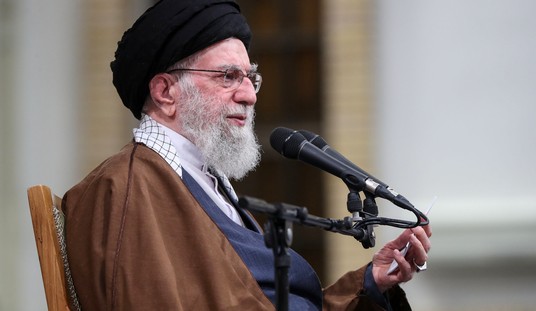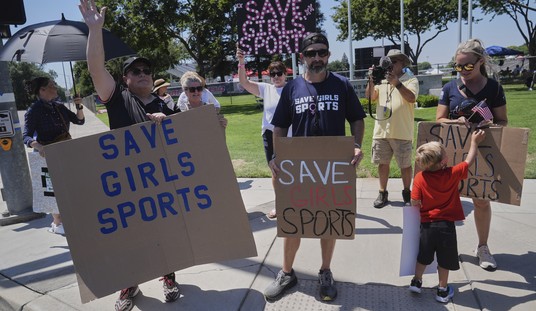The administration has not been gushing over Iran’s decision to send troops into Iraq to fight against the Islamic State alongside Kurdish fighters. Tehran, for its part, is also issuing searing condemnations of Washington’s decision to reengage militarily in the Islamic world.
Iranian Supreme Leader Ayatollah Ali Khamenei sent out a tweet on Monday accusing the United States of “planning a war… to dominate the region.” Khamenei added that America appears to be envisioning a conflict in Syria similar to that which it is engaging in over Pakistan where, as the Iranian leader said, the United States “can commit crimes whenever it wants.”
That rhetoric is not matched by actions. “A spokesman for [U.S. Secretary of State John] Kerry acknowledged that the U.S. has held discussions with the Iranian government about efforts to counter ISIS amid negotiations over Tehran’s nuclear program,” The Hill reported.
“It’s no secret that we have had discussions w[ith] Iran about the counter-ISIL efforts in Iraq on margins of our P5+1 talks on nuclear issue,” State Department spokeswoman Jen Psaki tweeted Monday.
Psaki said that negotiations did not and would not include military coordination. But she suggested that American and Iranian diplomats could continue to discuss efforts against ISIS during bilateral talks on the nuclear issue later this week in New York.
“There may be another opportunity on the margins in the future to discuss Iraq with Iran,” Psaki said.
Over the weekend, Kerry made it clear that the United States does not believe there is any place for Iran in the coalition of nations being assembled with the objective of combatting the ISIS threat. Iran, meanwhile, insists that is has no intention of joining the coalition which it describes as being “shrouded in serious ambiguities.”
It appears, however, that the allies are not speaking with one voice on the matter of just how much involvement Iran should have in the present conflict.
“France is prepared to invite Iran to an international conference Monday aimed at coordinating actions to knock out the Islamic State extremists in Iraq — even though that runs counter to the U.S. refusal to deal with Tehran,” The Associated Press revealed on Monday.
The position reflects a recent shift in France’s policy toward Iran, a Shiite Muslim nation and neighbor of Iraq that joins regional states and the West in adamantly opposing the advance of the radicals. Tehran’s long-time influence, including at times a military presence, in Shiite-majority Iraq makes it a logical partner in France’s eyes.
A French official helping to plan the conference says the only hitch is agreeing with partners, but added “we are not far from a consensus.” The official, who was not authorized to be publicly named, didn’t elaborate.
The West will have to tread carefully here. Iran’s involvement in Iraq, securing areas around Baghdad from repeated ISIS incursions may be expedient, but it could also have far-reaching implications for regional stability. The Islamic State enjoyed early successes in Iraq’s north and west because the Sunni areas of the country were eager to oust what they saw as troops loyal to the pro-Shia government in Baghdad. Iran’s involvement in this conflict could exacerbate Sunni-Shia tensions, which would only make it more difficult for the West to again convince the Sunni areas of Iraq to reject Islamist militias.








Join the conversation as a VIP Member